A global blackout can be terrifying, but you don’t have to be caught off guard. These essential tips will help you stay safe and adapt when the power goes out worldwide.
Understanding how to prepare and respond is crucial for maintaining control in a blackout. From securing resources to navigating without technology, these strategies ensure you’re ready for any situation.
We’ve chosen these tips to cover a range of practical survival skills and preparedness measures. Each one is aimed at helping you manage different aspects of life during a prolonged outage, ensuring you’re not left in the dark—literally and figuratively.
1. Understand the Causes
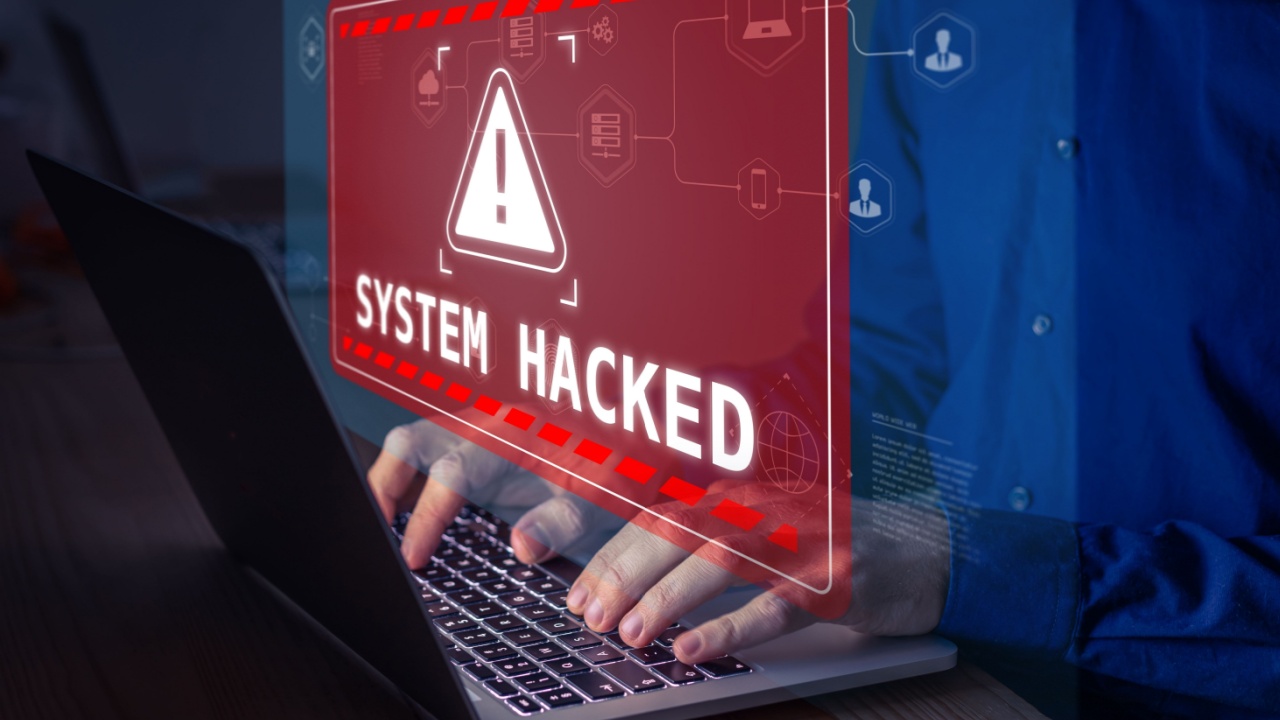
Knowing what can cause a global blackout helps you prepare better. Major events like solar flares, EMP attacks, or cyberattacks can disrupt power grids, though the likelihood of a global blackout from these causes is relatively low. By understanding these causes, you can anticipate the potential duration and impact of the blackout.
2. Stockpile Non-Perishable Food
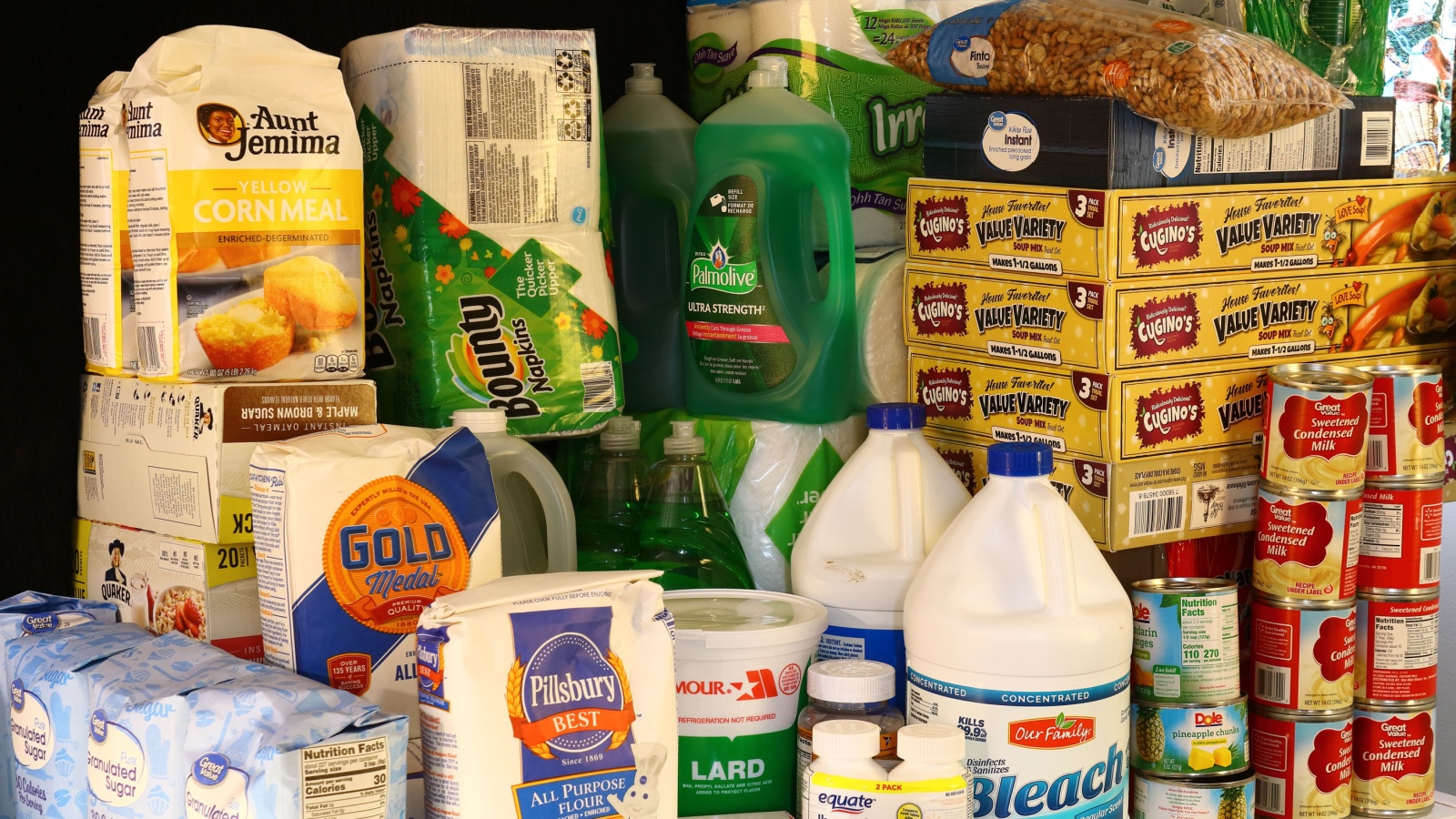
Keep a supply of non-perishable food items like canned goods, dried fruits, and nuts. These foods last long and provide essential nutrients during an extended blackout. Rotate your stock every six months to ensure freshness and nutritional value.
3. Store Clean Water

Water is vital for survival. Store at least one gallon of water per person per day for drinking and sanitation. Aim for a two-week supply. Consider investing in large water storage containers and regularly check them for leaks or contamination.
4. Have a Reliable Water Purification Method
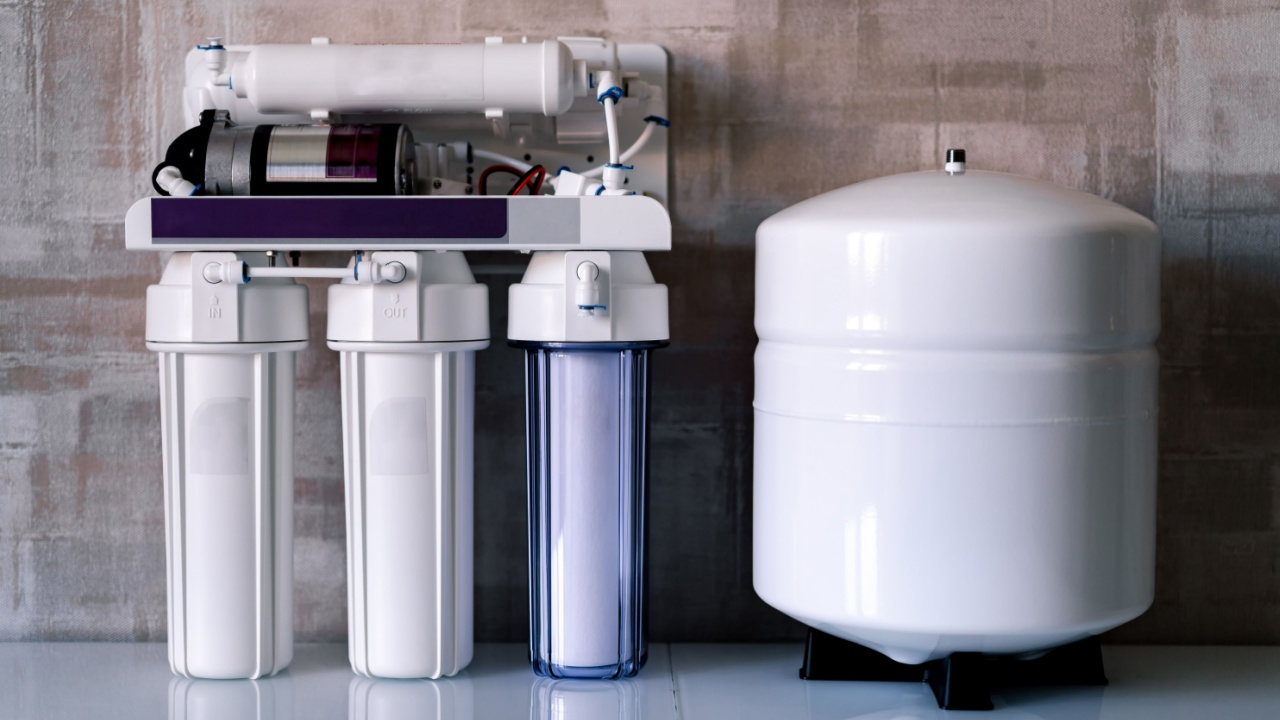
In case your stored water runs out, you need a way to purify water. Water filters, purification tablets, and boiling are effective methods, though filters and tablets may not remove all contaminants. Always have a backup purification method and know the proper procedures for each.
5. Create a Communication Plan

Establish a plan to stay in touch with family and friends. Walkie-talkies, ham radios (note: these require licensing in many regions), and emergency contact lists are crucial when phones don’t work. Make sure everyone in your household knows how to use these devices and has access to the contact list.
6. Invest in Solar Chargers
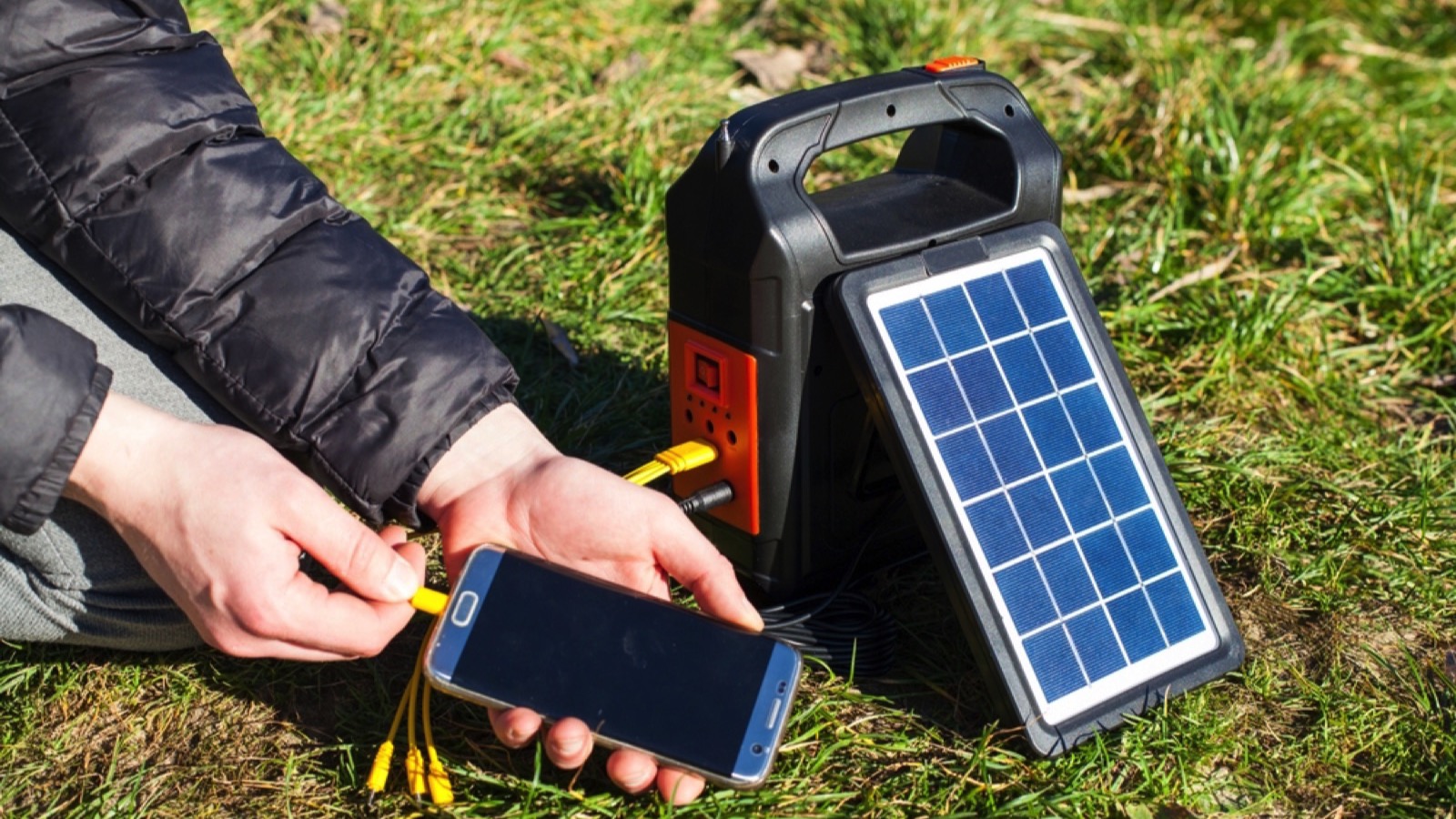
Solar chargers can power your essential devices like phones and radios. They are portable and effective as long as you have sunlight, though their efficiency can vary, and they may not be sufficient for high-power devices. Keep your devices charged and understand the charging times for each device.
7. Learn Basic First Aid

Basic first aid knowledge can be a lifesaver. Learn how to treat minor injuries, perform CPR, and use a first aid kit. Consider taking a certified first aid course to ensure you’re well-prepared.
8. Keep a First Aid Kit Handy
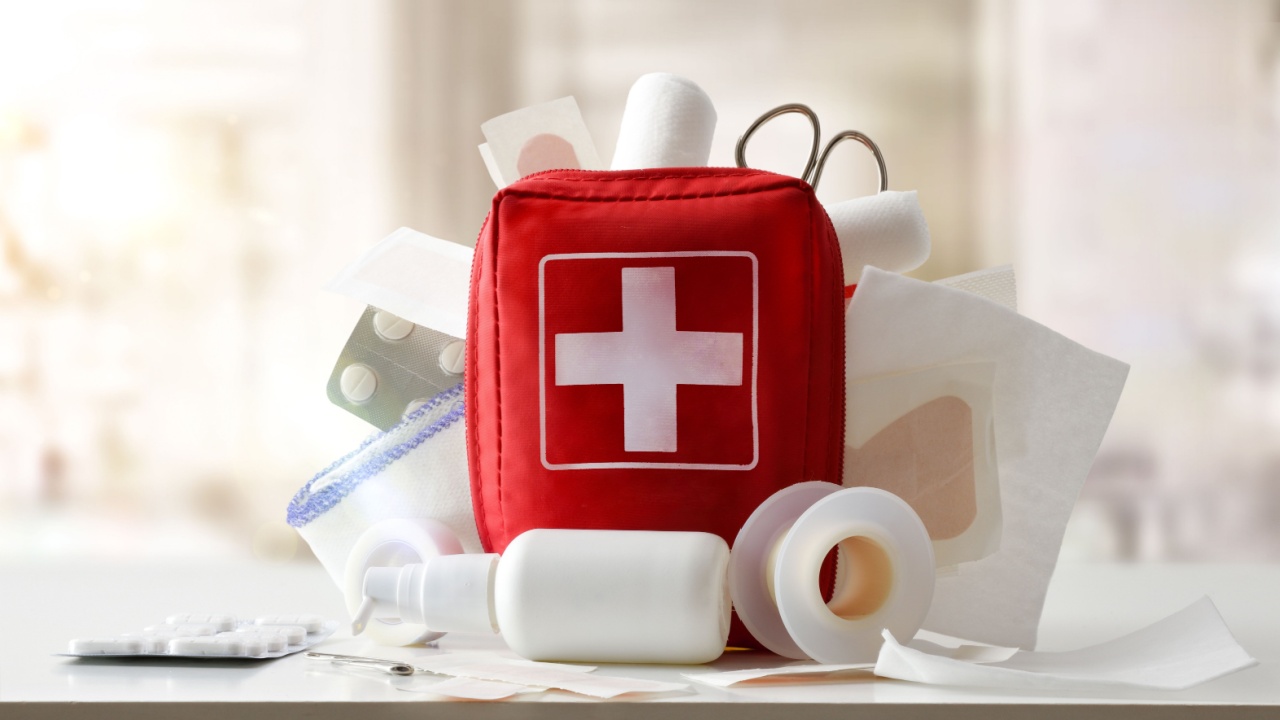
A well-stocked first aid kit should include bandages, antiseptics, pain relievers, and any necessary prescription medications. Regularly check and update your first aid kit to replace used or expired items.
9. Use Alternative Lighting

Candles, lanterns, and flashlights are essential for lighting when the power is out. Stock up on batteries and fuel for these items. Consider investing in rechargeable batteries and solar-powered lighting options, keeping in mind that solar lights depend on sunlight availability and may not be as bright or long-lasting as other options.
10. Stay Warm or Cool
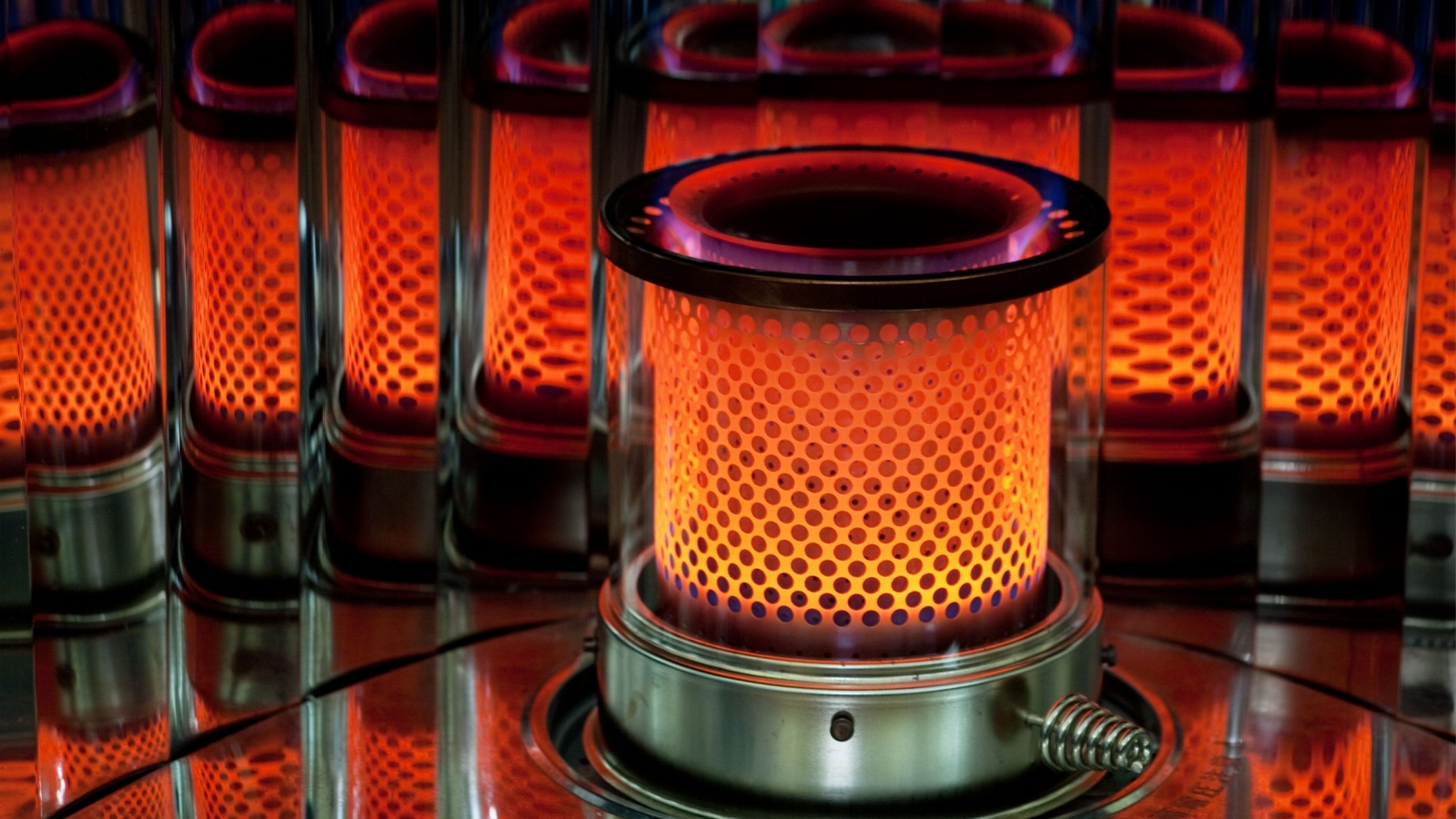
Without electricity, maintaining a comfortable temperature can be challenging. Have warm blankets, thermal clothing, and alternative heating sources like propane heaters. In hot climates, use battery-operated fans with the understanding that they might not be sufficient for extreme heat and lightweight, breathable clothing.
11. Secure Your Home

Ensure your home is secure to protect against looters. Reinforce doors and windows and consider additional security measures. While a guard dog might not be practical or legal in all areas, install motion-sensor lights and keep your property well-lit to deter intruders.
12. Grow Your Own Food

Start a garden to provide fresh produce. Knowing how to grow vegetables and herbs can be invaluable if food supplies are disrupted. Learn about crop rotation and pest control to maintain a healthy garden.
13. Preserve Food Without Refrigeration

Learn techniques like canning, drying, and pickling to preserve food without electricity. These methods can keep your food safe to eat for longer periods. Practice these techniques regularly to ensure you can rely on them when needed.
14. Know How to Cook Without Power

Solar ovens, camp stoves, and open fires are excellent for cooking when there’s no electricity. Practice using these methods before you need them. Stock up on non-perishable ingredients that are easy to cook with these methods.
15. Create a Waste Management
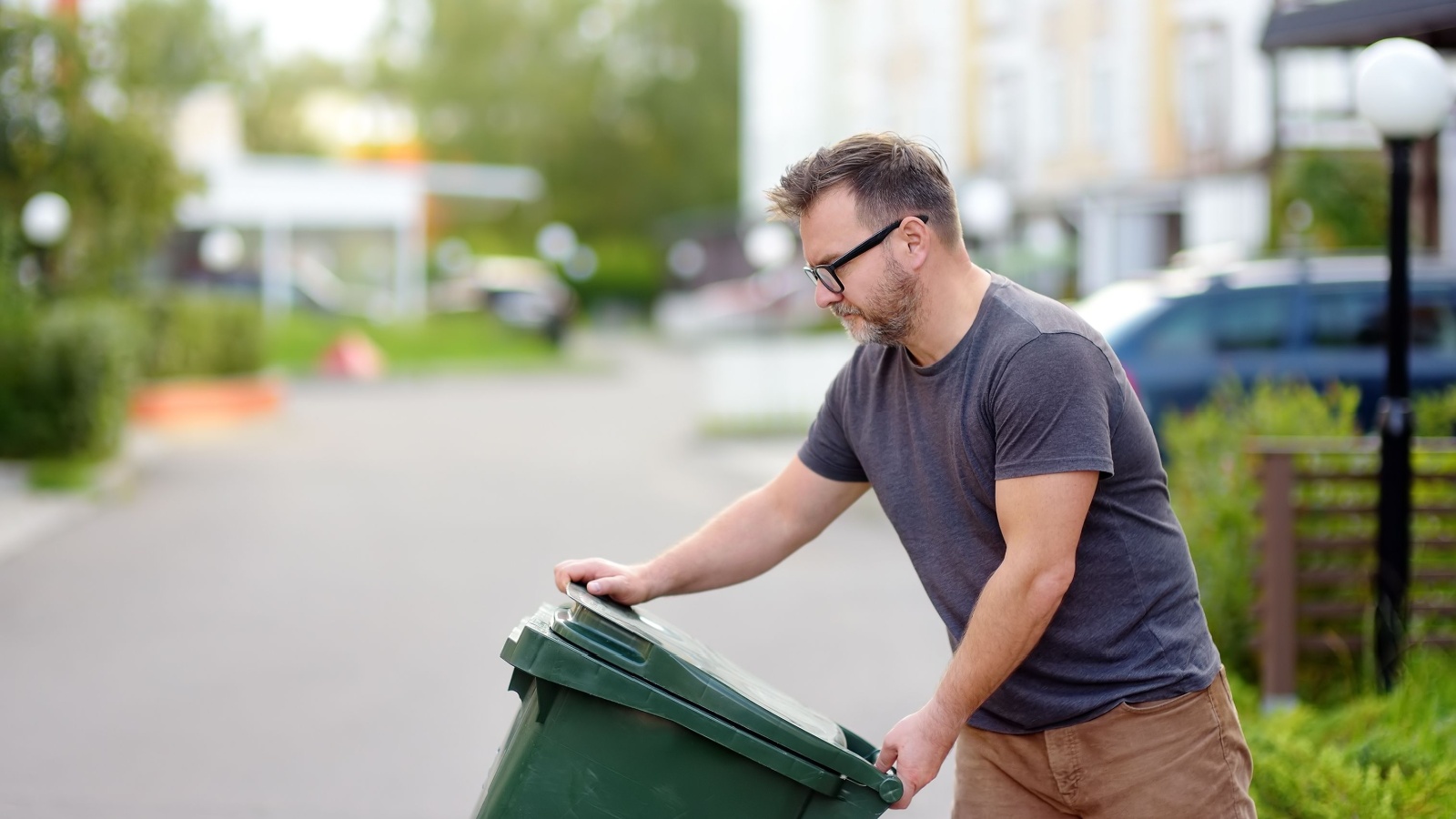
Disposing of waste safely is crucial to prevent disease. Have supplies like trash bags, compost bins, and knowledge of safe sanitation practices. Plan for the safe disposal of human waste if plumbing systems fail to maintain cleanliness and health in an extended blackout.
16. Keep Important Documents Safe
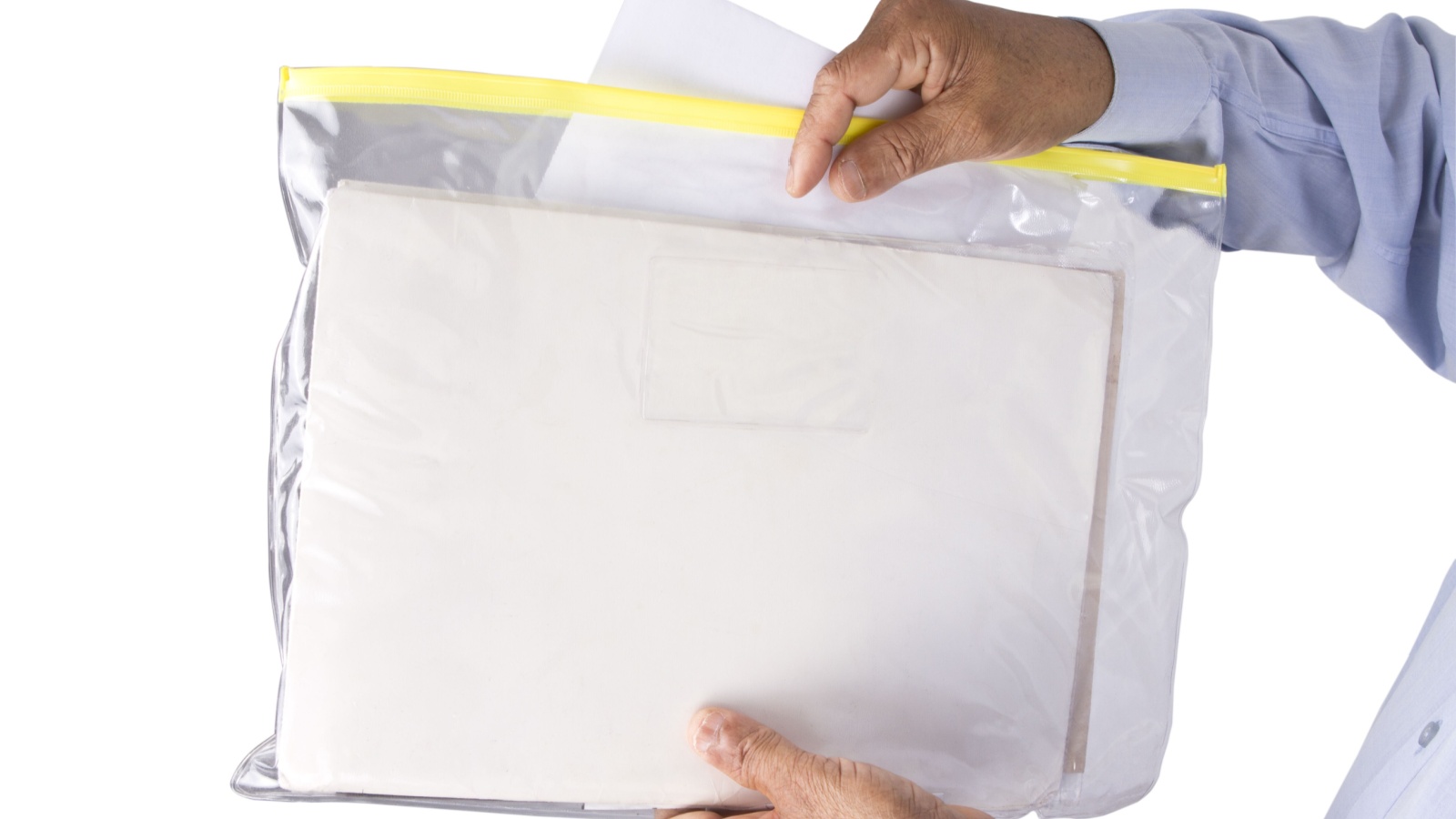
Store important documents like IDs, insurance papers, and bank information in a waterproof and fireproof container. Make digital copies of these documents and store them on a secure, password-protected USB drive, ensuring to back up and protect digital files from potential loss.
17. Build a Community Network

Form a network with neighbors and local friends. Sharing resources and skills can make survival easier for everyone involved. Regularly meet with your community to discuss and practice emergency plans and resource sharing.
18. Maintain Personal Hygiene

Good hygiene prevents illness. Stock up on soap, toothpaste, and other personal care items, and have a plan for bathing and laundry. Consider using portable, solar-heated showers and biodegradable soaps.
19. Learn Basic Repair Skills
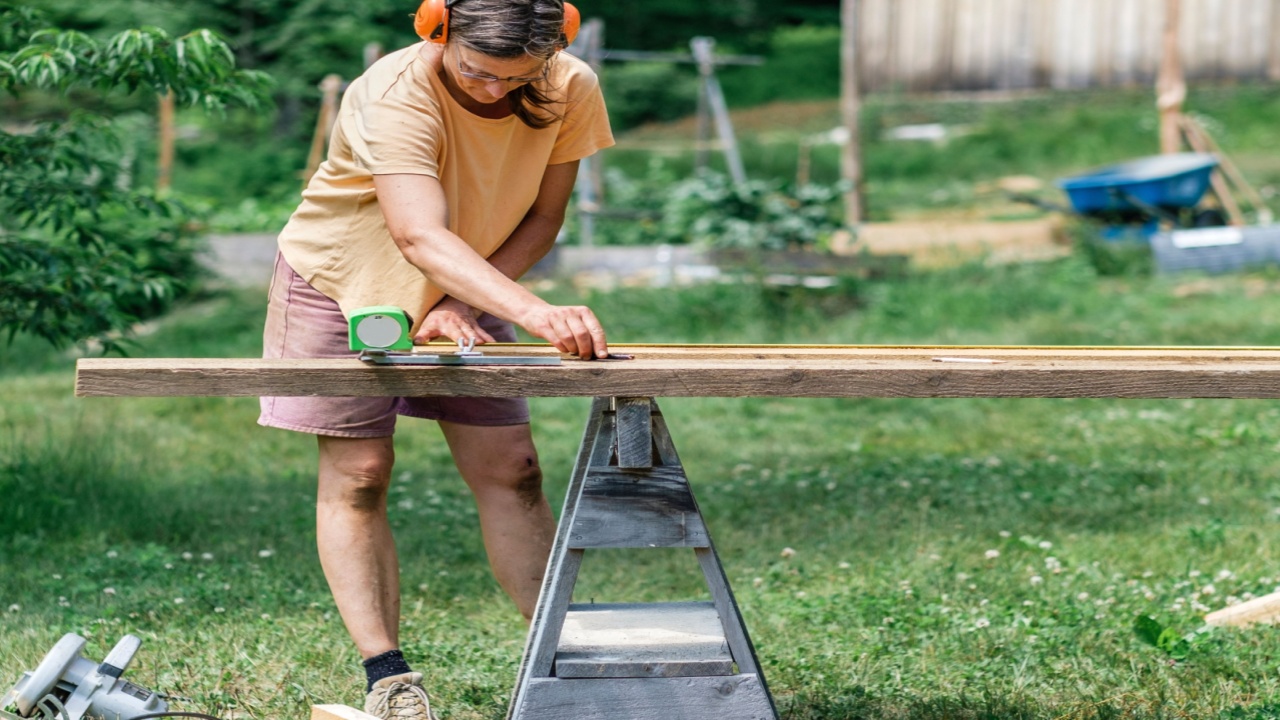
Knowing how to fix things can be invaluable. Learn basic carpentry, plumbing, and electrical skills to keep your home functional. Keep a toolkit with essential tools and supplies for common household repairs.
20. Plan for Power Outage Entertainment

Boredom can be a challenge. Have books, board games, and other non-electronic activities to keep you and your family entertained. Create a schedule of activities to maintain a sense of normalcy and routine.
21. Stay Informed
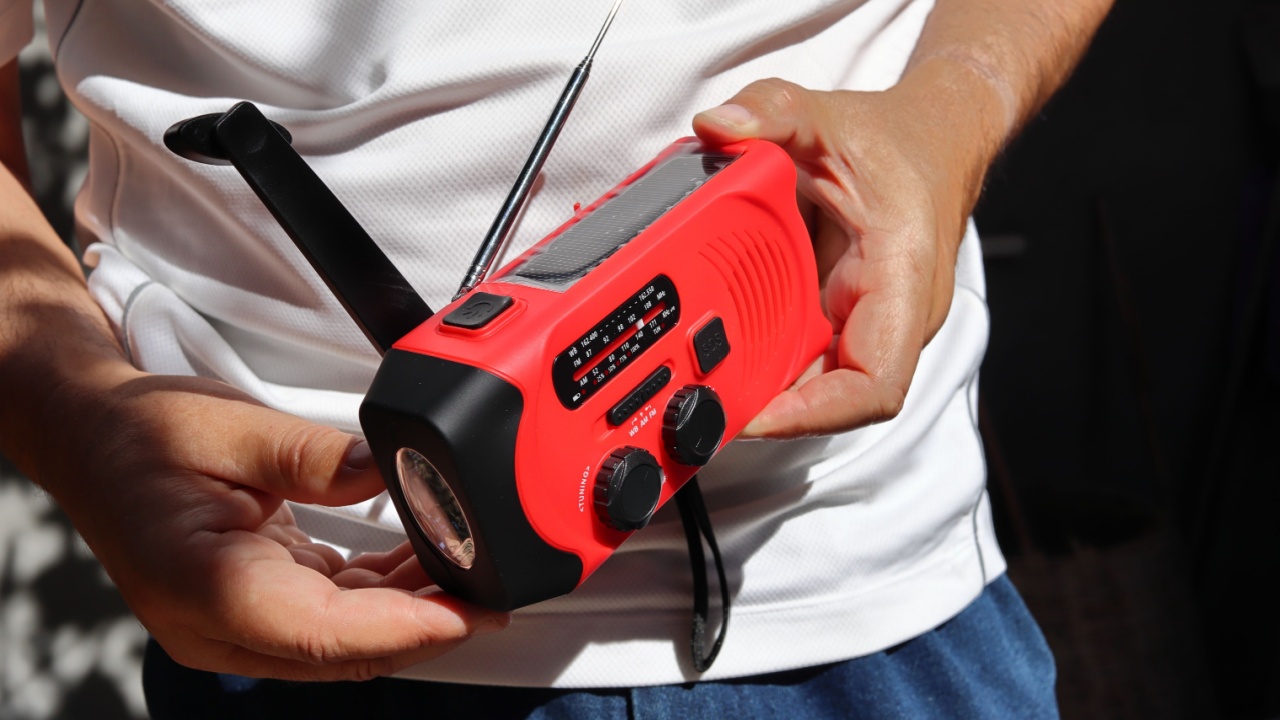
Even without power, staying informed about the situation is crucial. A battery-powered or hand-crank radio can provide important updates. Regularly check and replace batteries to ensure your radio is always operational.
22. Manage Stress and Mental Health

A global blackout can be stressful. Practice mindfulness, maintain a routine, and support each other to keep morale high. Engage in regular physical activity and creative pursuits to boost mental health.
23. Prepare for the Long Term
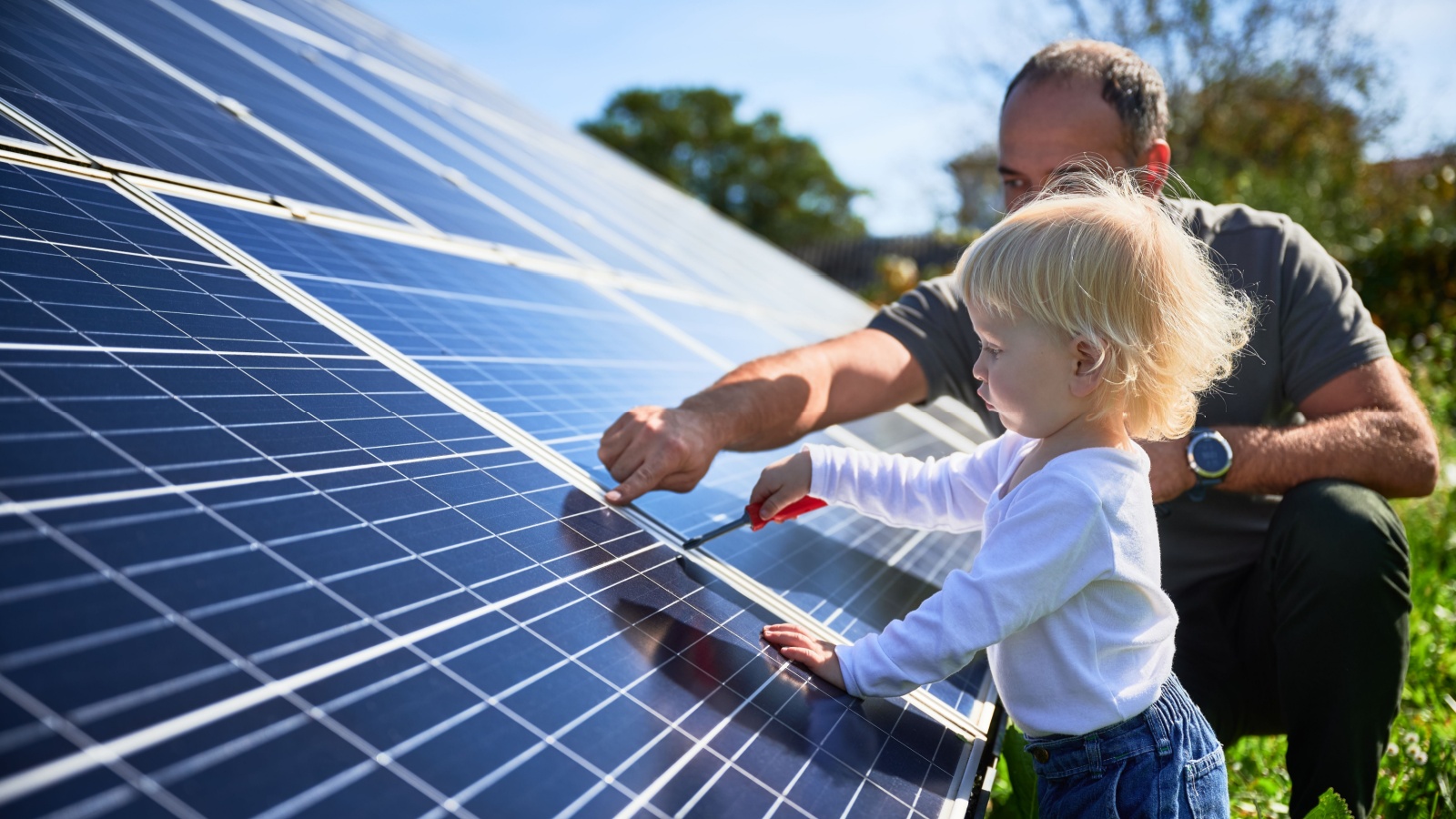
Think about long-term survival needs. Consider renewable energy sources, long-term food production, and sustainable living practices, keeping in mind that achieving full self-sufficiency involves significant investment and expertise. Plan for scenarios where power might not return for months or even years.
24. Stay Adaptable

Flexibility and adaptability are key to surviving a prolonged blackout. Be ready to change plans as needed and stay open to new solutions. Continuously learn and practice new skills to improve your resilience.
24 Common Sense Ways to Prepare for an EMP Attack
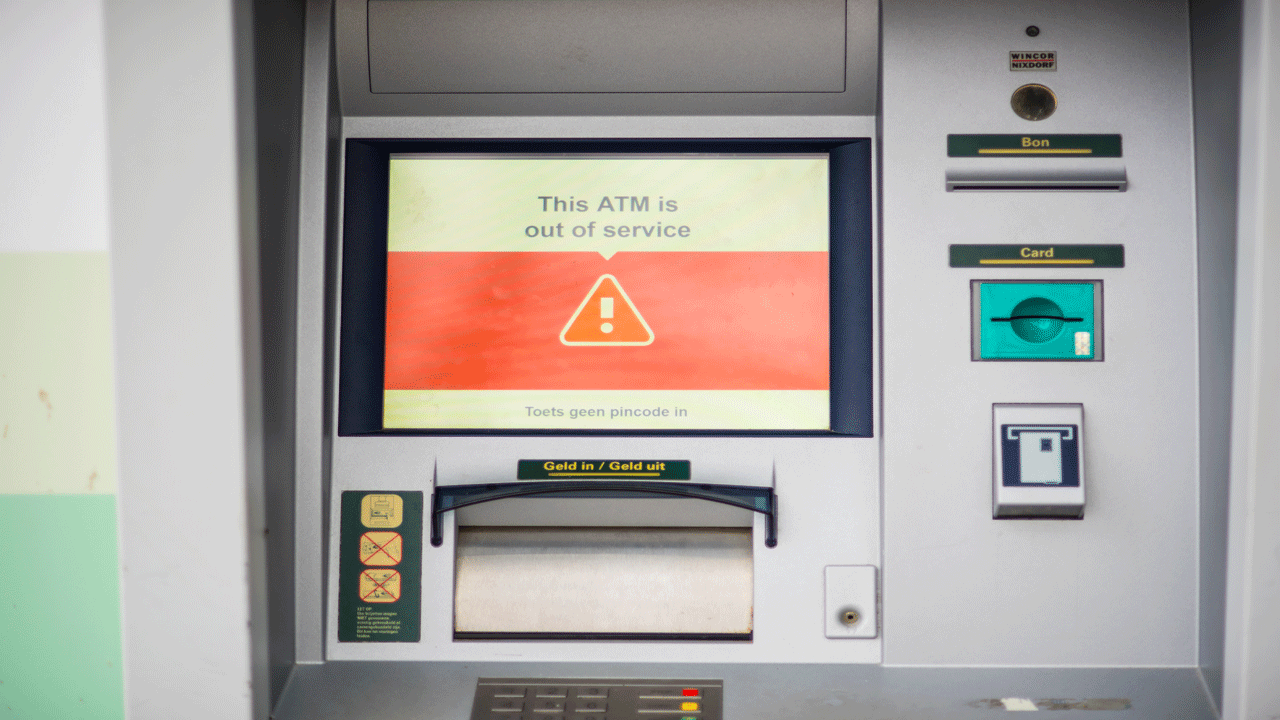
In today’s uncertain world, the looming threat of an electromagnetic pulse (EMP) attack is a stark reality that catches many off guard. An EMP strike holds the power to severely disrupt our modern society, leading to widespread disorder and devastation. From paralyzing our power grid to incapacitating communication networks, the aftermath of such an attack could be catastrophic. Here, we look into the possible consequences of an EMP assault, shedding light on the potential outcomes of such a catastrophe. By recognizing the grave dangers of an EMP attack, we can proactively protect ourselves and our loved ones.
24 Important Money Moves to Make Before a Crisis

We live in a world where our financial stability can suddenly take a hit, especially in times of crisis. These unexpected events can shake our finances and livelihood, whether it’s losing a job out of the blue, facing a natural disaster, or dealing with a global pandemic. Preparing and making wise money moves before the storm is the key to getting through these challenging times. We’ll look at some of the critical steps you can take now to safeguard your finances and shield yourself from future crises. So, let’s dive in together and start planning for a more financially secure future!
Best Regions in the U.S. to Escape to When Society Collapses

Choosing a refuge in the event of societal collapse involves weighing the pros and cons of each location against your personal preparedness goals and abilities. Whether you’re drawn to the solitude of the desert or the protective heights of the mountains, the key is finding a place that offers safety and the opportunity for growth and renewal.

